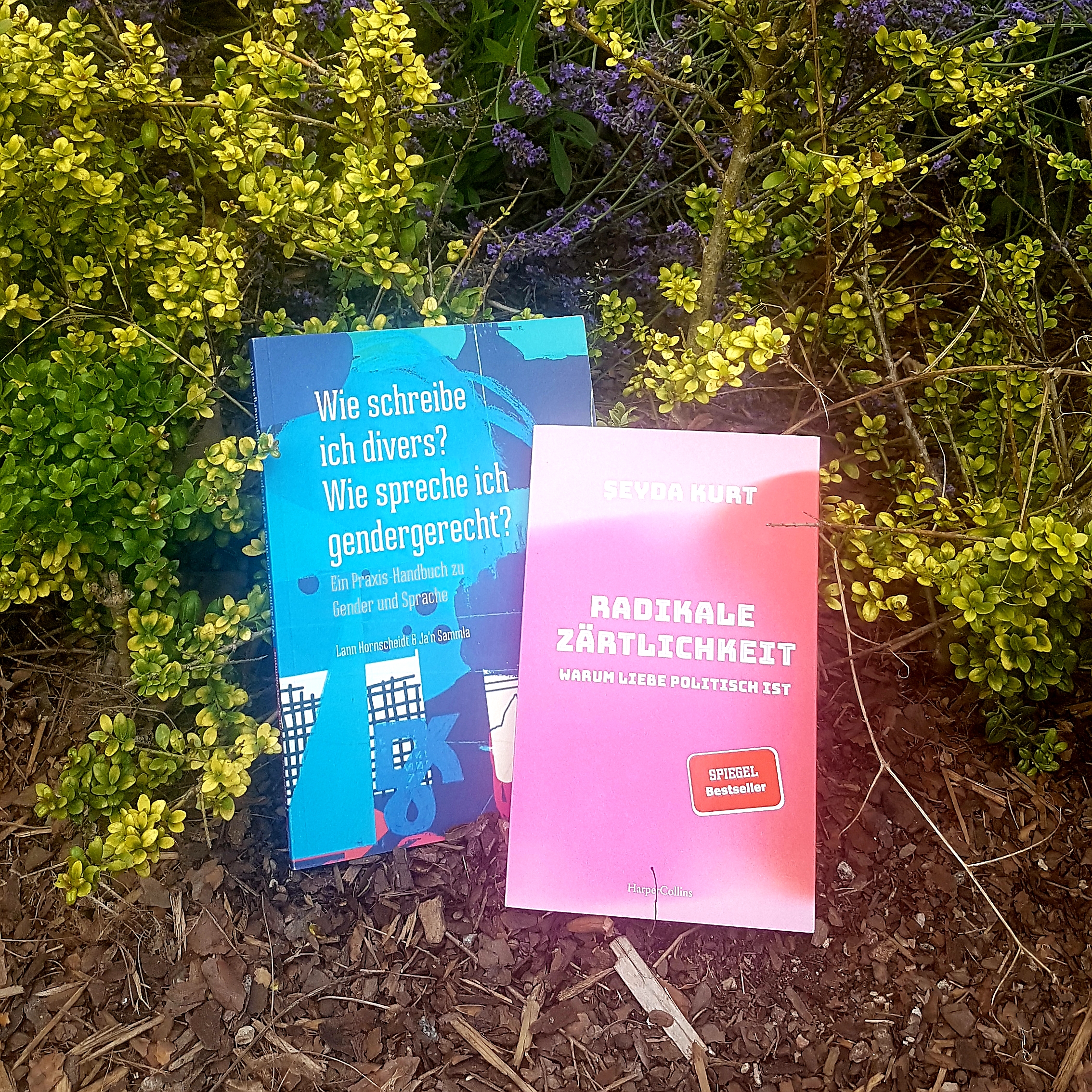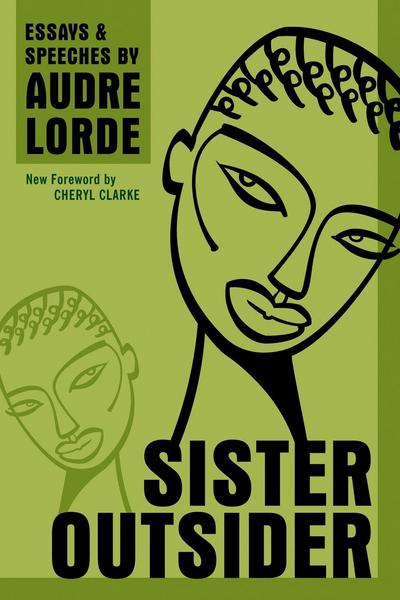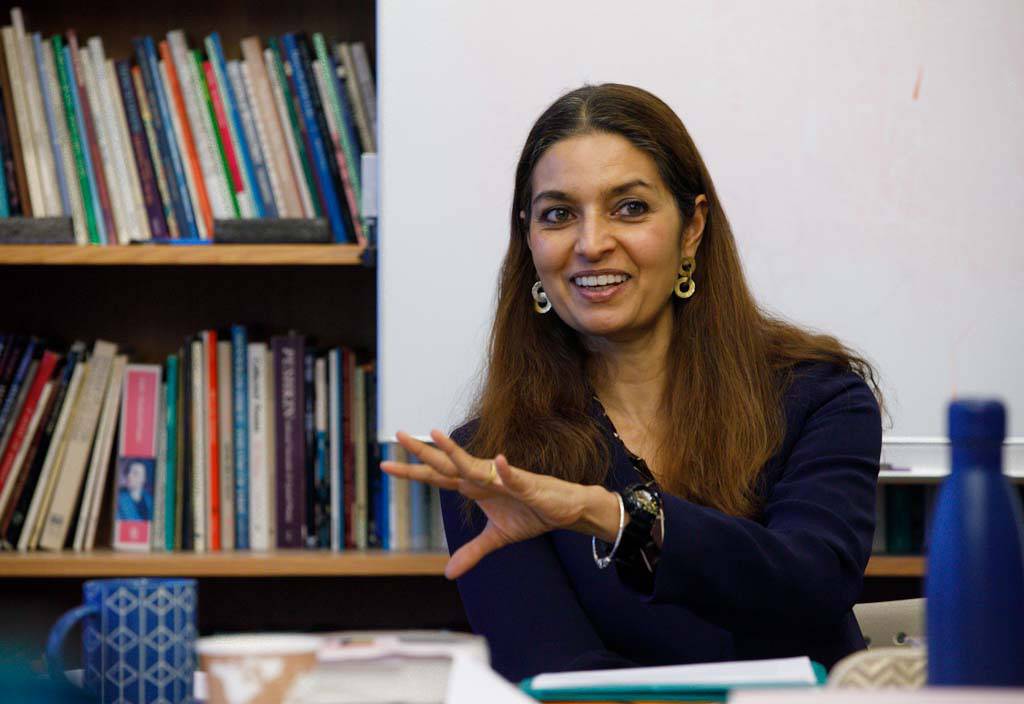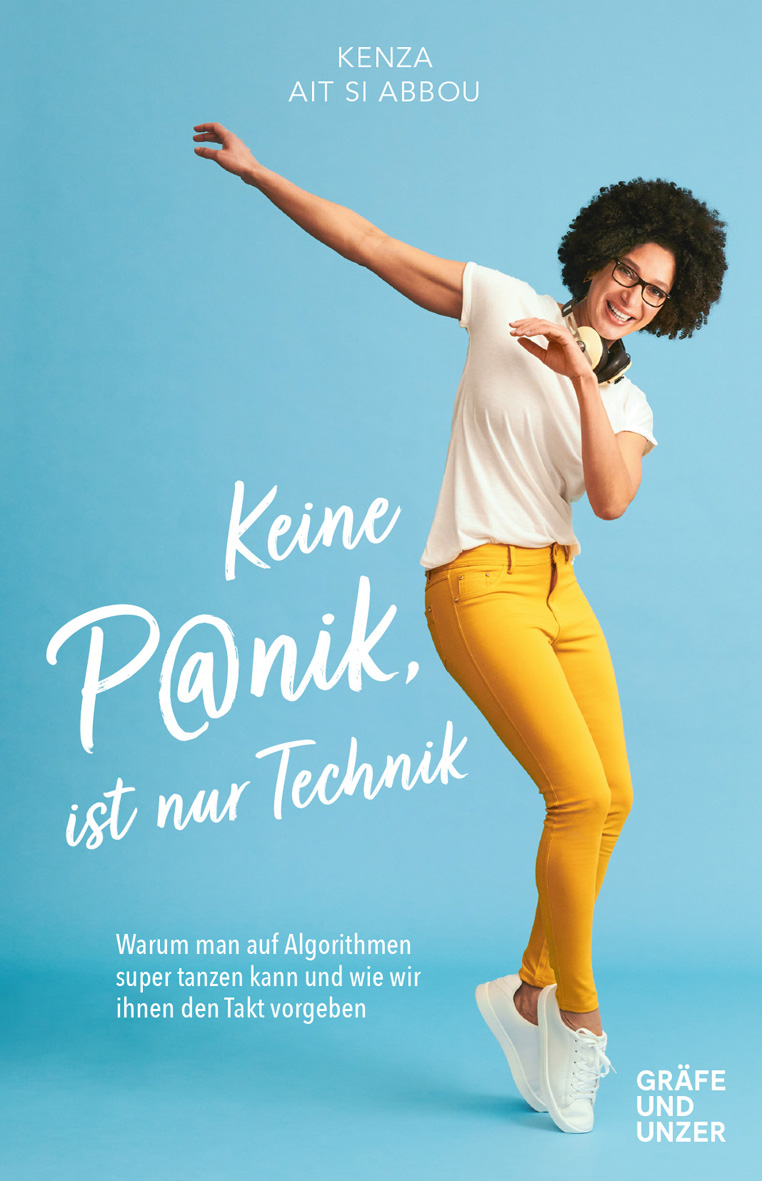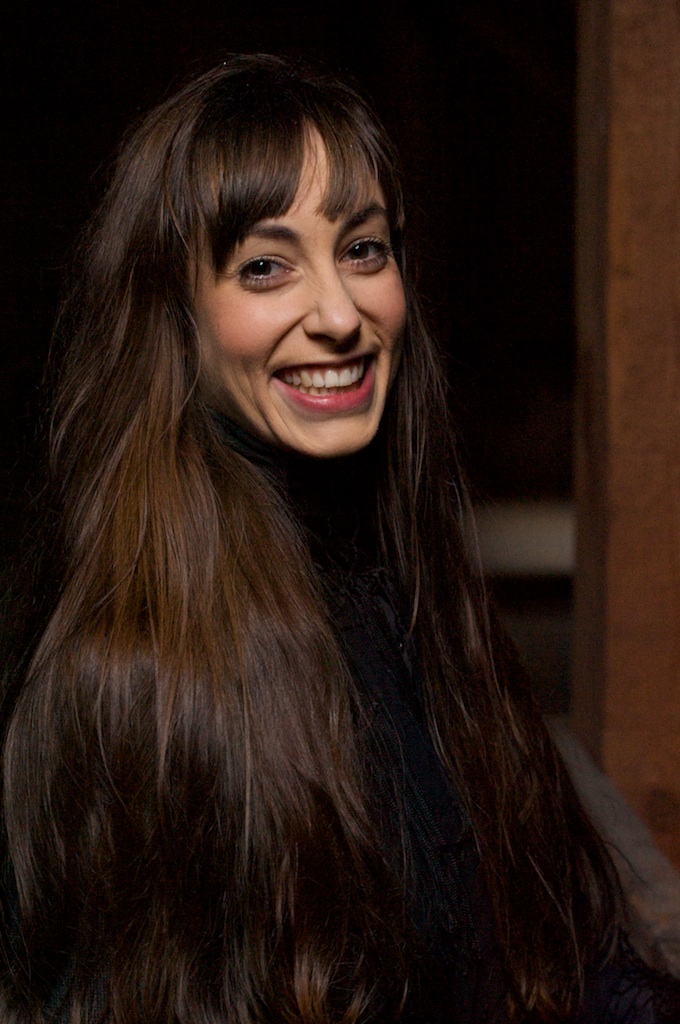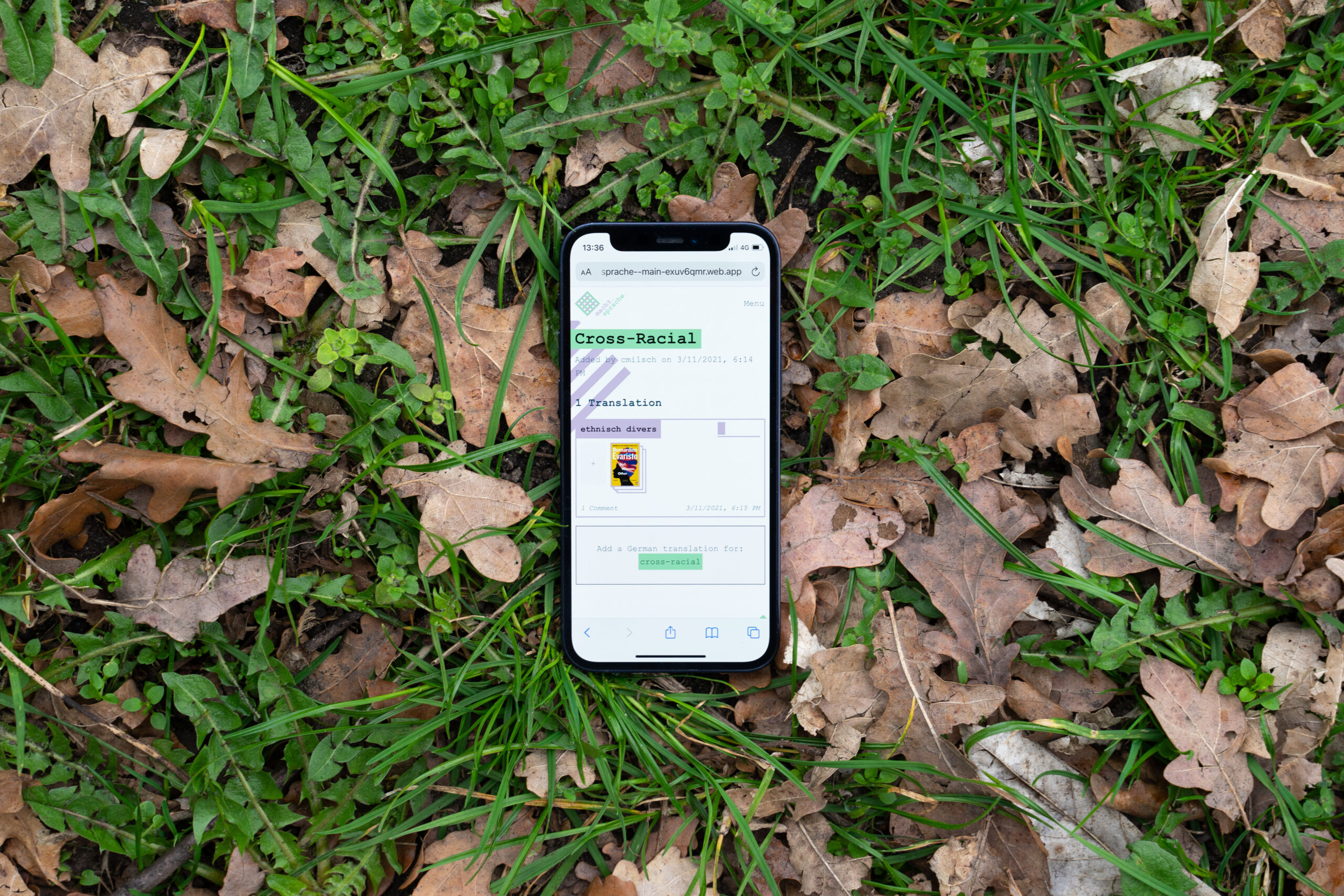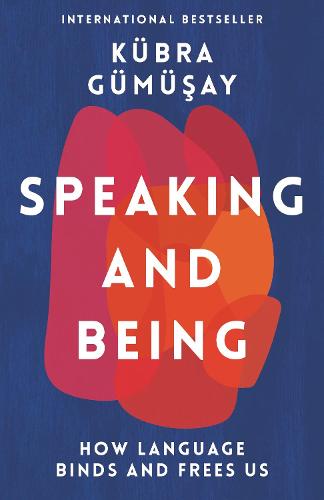On 4 June, 2021, we hosted a discussion event with Lann Hornscheidt and Şeyda Kurt in cooperation with the Goethe-Institut. As part of the projects macht.sprache. and Artificially Correct, we were able to learn from the guests about ways of dealing with politically sensitive terms in writing and translating.
more...
Sister Outsider by African-American, lesbian, feminist poet and activist Audre Lorde is a foundational text for anyone interested in intersectionality and reflecting on their own social positions.
more...
Jhumpa Lahiri wrote her latest novel in Italian. Afterwards she translated it into English herself. The deliberate shift in her own language focus invites me to question several things: the linguistic pressure to conform that migrants of Colour often experience. And the common idea that people can only express themselves well in one language – their mother tongue.
more...
We’re happy to announce the poco.lit. newsletter! If you choose to opt-in, you will receive updates from us once a month. We’ll let you know about developments in our current projects and give an overview of the content we’ve posted in the past four weeks.
more...
The writer Olga Grjasnowa, whom many readers probably associate with her novel All Russians Love Birch Trees (Der Russe ist einer, der Birken liebt), was born in Baku, Azerbaijan, and came to Germany when she was eleven. In her recently published non-fiction book, The Power of Multilingualism – On Origins and Diversity (which has not […]
more...
As part of our macht.sprache. / case.sensitive. project, we’re speaking to various experts who deal with language, translation or artificial intelligence. Kenza Ait Si Abbou explains some of the challenges in the field of artificial intelligence to us (e.g. in form of unconscious bias) but always stays solution-oriented.
more...
As part of our macht.sprache. / case.sensitive. project, we’re speaking to various experts who deal with language, translation or artificial intelligence. Anabelle Assaf offers insights into very specific translation decisions related to gender, race and different forms of English.
more...
This is the second time that we share a peek behind the scenes of our project macht.sprache. This time we explain some of the thoughts that went into the development of a code of conduct, the assessment system for translation examples, and how we’re hoping to motivate people to participate.
more...
Kübra Gümüşay looks for ways to make our society more just and explains convincingly that language plays a central role in doing this.
more...

